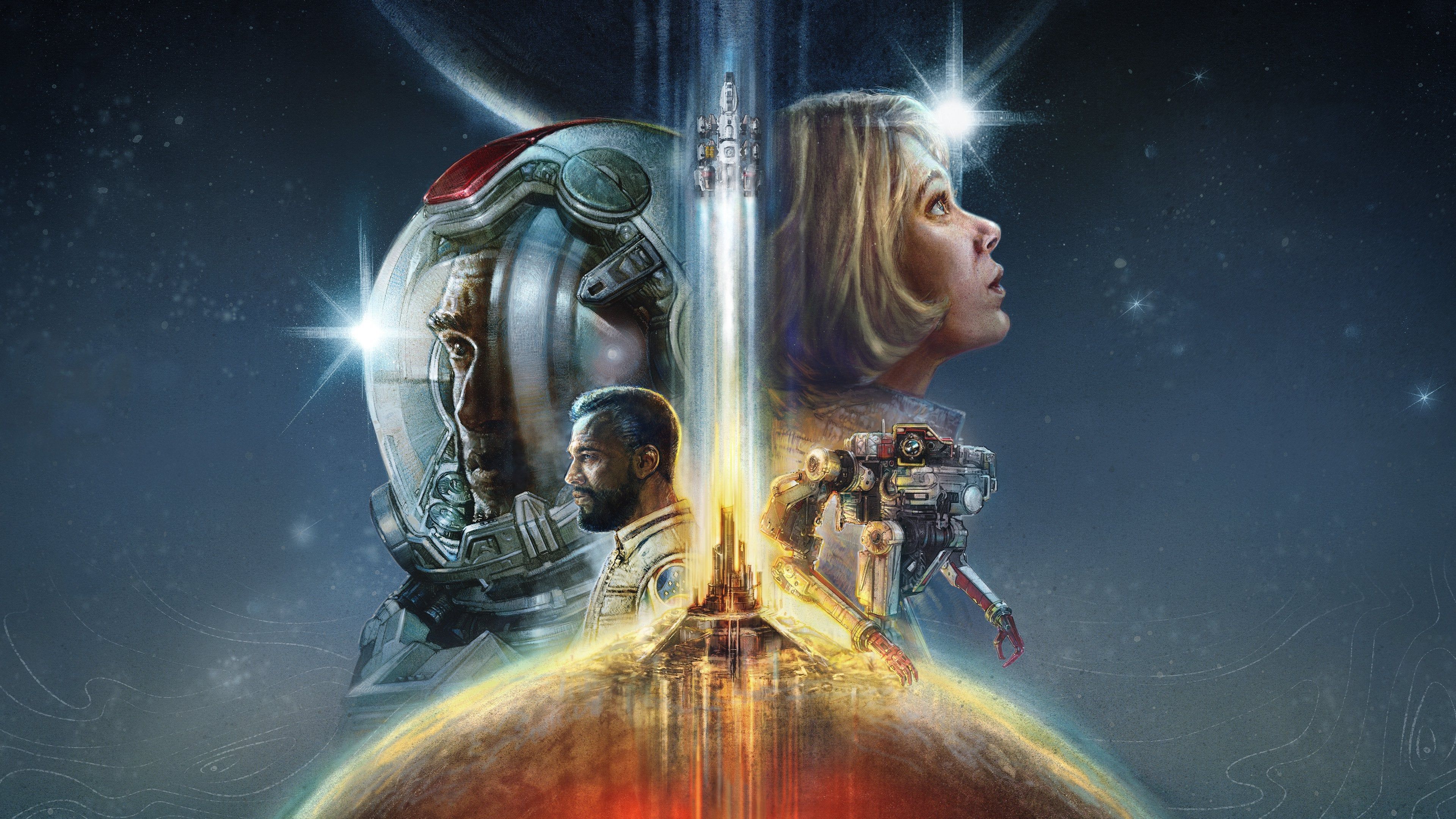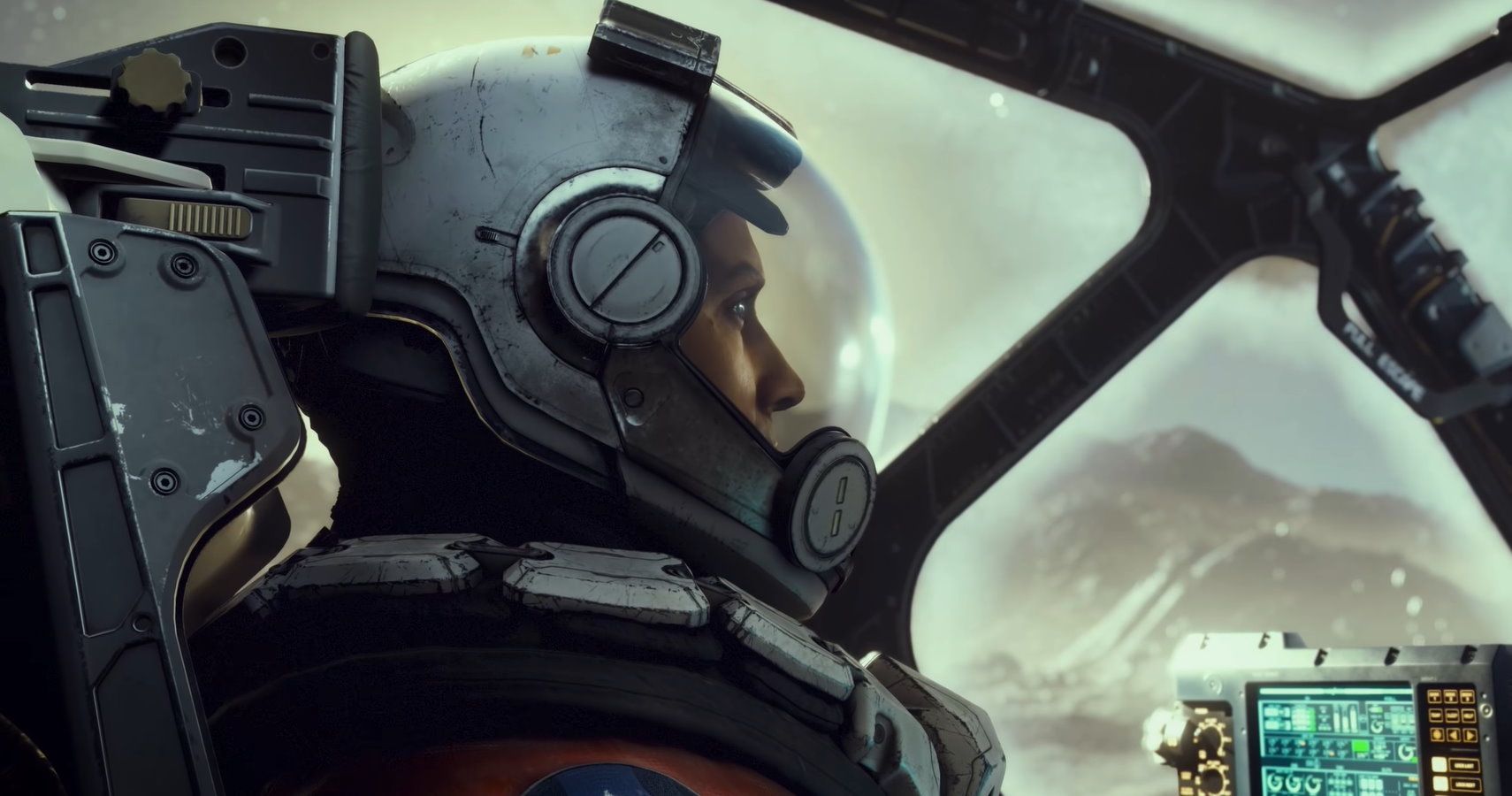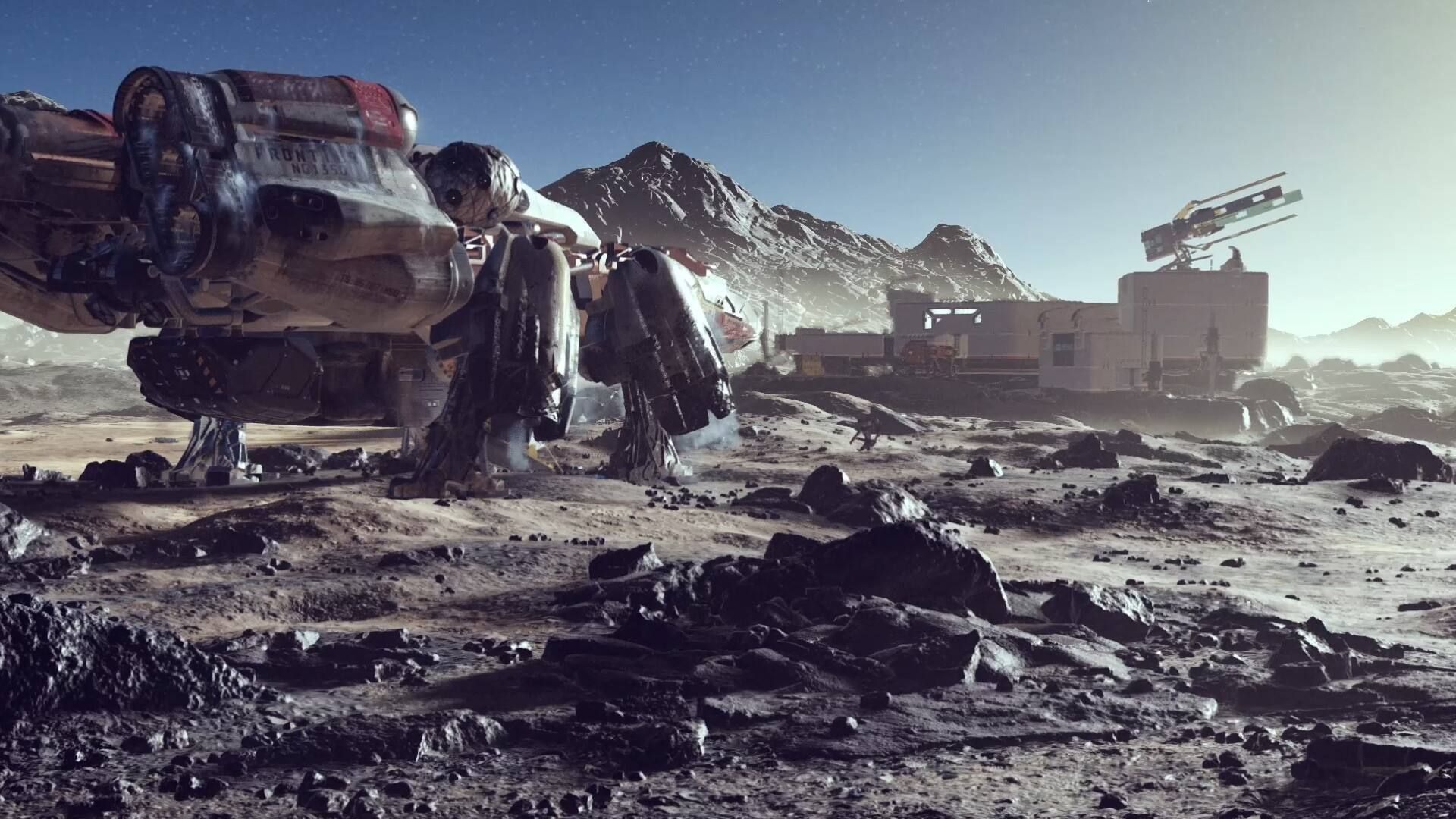A galactic amount of hype and expectation is beginning to swirl around Starfield, Bethesda Game Studios' upcoming spacefaring sci-fi RPG. Makes sense. The developer has a reputation for creating lavish, exciting games that sell millions of copies, and the long gaps between them make every launch feel like an event. Added to that, Starfield is its first new IP in decades, plus the fact it's been over 5 years since its last big single-player game, 2015's Fallout 4. It's obvious why the hype machine's gears are currently spinning red hot.
I love sci-fi and open-world games, so I'd be lying if I said the buzz wasn't affecting me in any way. But there's a part of me that's worried, because as enjoyable as Bethesda's games are, they're all fundamentally the same. The settings change, the visuals improve (slightly), and new systems are introduced, but the essential experience remains familiar. The studio found a safe, reliable formula and stuck to it. Fair enough—Fallout 4 sold over a million copies in 24 hours. Why kill that golden goose? But if the developer wants to break new ground, Starfield needs to be more than just that one game it makes, but in space.
I've played hundreds of hours of Bethesda open-world games over the years, but I'm not blind to their many deep-seated issues. Truth is, Bethesda makes evocative, entertaining, atmospheric games, but pretty bad RPGs. Even calling them role-playing games feels like a bit of a stretch—they're really open-world action/adventure games with RPG elements. People often describe its games as being as broad as an ocean, but as deep as a puddle, and it's hard to disagree with that—especially after playing the disappointing Fallout 4.
This is where much of my concern about Starfield stems from. The frustrating thing about Fallout 4 is that, despite being one of the studio's most recent games, it's also one of its most shallow, simplistic, and unambitious. The Bethesda-developed Fallout sequels and post-Morrowind Elder Scrolls games were never particularly deep RPGs—especially compared to CRPGs like Planescape: Torment or Baldur's Gate. But they at least made an effort to seem like they were. Fallout 4, meanwhile, is so streamlined and, dare I say it, dumbed down that most of the time it feels like you're playing a straight-up FPS.
Too many quests boil down to going somewhere, wandering through a series of identical-looking corridors shooting ghouls or radroaches or whatever, then returning to some stiff-looking NPC for a reward and maybe a snippet of unfunny, poorly written dialogue. In the 50 or so hours I played it, I never found an opportunity to avoid, charm, or otherwise think my way around combat. I piled points into charisma, thinking I'd be a lovable rogue of a wastelander who sweet-talks his way out of tough situations. But all I got was the ability to squeeze a few extra caps out of people when I turned a quest in.
In previous games you could, as well as your base SPECIAL stats, set traits, perks, skills, and tag skills. In Fallout 4 it's perks, SPECIAL, and nothing else. Dialogue options are meaningless: you can either be a good guy, or a sarcastic good guy. The things you say have no impact on the story, and don't shape your personality in any meaningful way. You have very little control over the outcome of quests, and get few opportunities to role-play in a way that fits your idea of your character. Everything is just so superficial, and the result is a game with pretensions of being an RPG, but with no substance to back it up.
Fallout is a massive, mainstream series, so this stripped back design is likely an attempt to make the series as approachable and broadly appealing as possible. But if you can judge a studio's current design philosophy on its most recent game—a reasonable thing to do, I think—then Fallout 4 makes me worried about how Bethesda will handle Starfield. It could challenge itself creatively and try to make a deep, interesting, genre-pushing RPG. But it could also just make Fallout in space and sell 15 million copies. I want Starfield to be a bold new beginning for the studio, so I hope it's the former rather than the latter.
If I play Starfield and find myself in a maze of sci-fi corridors, shooting alien cockroaches with a laser in slow-motion at the behest of some dead-eyed NPC in a nearby space bar, I'll be disappointed. I won't even mind if the game is ridden with comical bugs (a safe assumption with this particular studio), as long as Bethesda does something different with it. I don't know if Starfield will be the studio-defining masterpiece the enigmatic, slightly pretentious marketing suggests. But even with these doubts bouncing around in my mind, I'm still allowing myself a smidge of cautious optimism that it might be.



